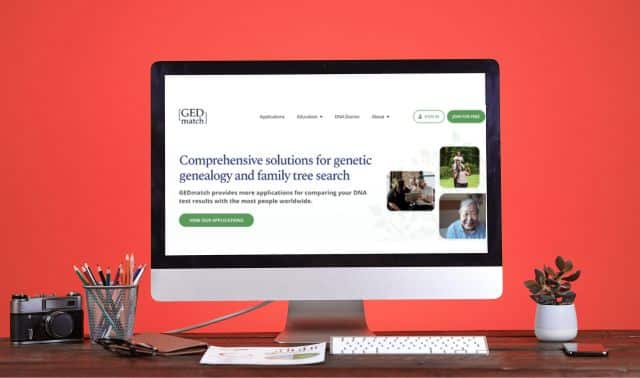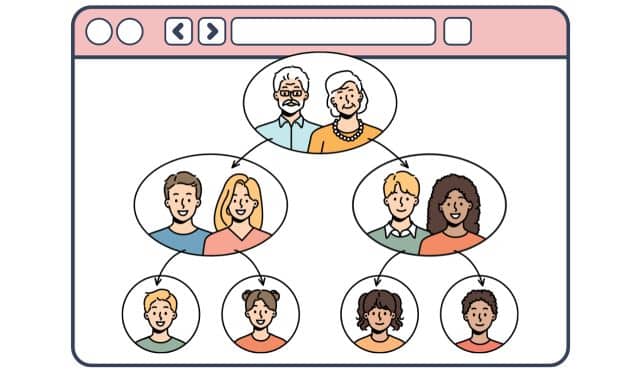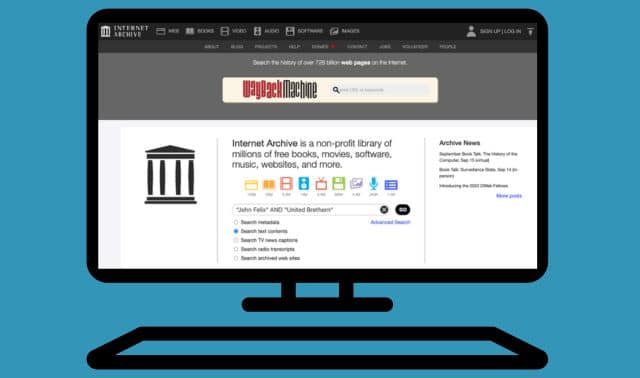Sign up for the Family Tree Newsletter! Plus, you’ll receive our 10 Essential Genealogy Research Forms PDF as a special thank you.
Get Your Free Genealogy Forms
"*" indicates required fields
Around the World
Allen County Public Library Genealogy Center
Cyndi’s List is a great starting point for online family history research. It’s essentially a card catalog for genealogical information on the web. Check the Immigration, Emigration & Migration category to access lists of links to genealogy information on ports of departure, ports of entry, migration routes, ships and passenger lists, passports and more.
Started more than 25 years ago, this historical map collection offers 55,000-plus maps and map-related images online. It features European, Asian, African, North American, South American and worldwide maps dating from the 1700s to 1950s. You can view and download high-resolution images and use tools such the Georeferencer, which lets you overlay historical maps onto other maps. This feature gives you the ability to track changes to an area over time using the map overlays, which is helpful because of the ever-changing country boundaries you may encounter when researching ancestors in their homelands.
FamilySearch.org offers digitized records from all over the world. Click on the Search tab and then Records to begin your search. To see what records are available for a specific country, click one on the Research By Location map. To get an overview of immigration records, click the Browse All Published Collections link, and then on the Migration & Naturalization collection. Results bring up databases of immigration cards, passenger lists, naturalization records and indexes, crew lists and passport registers for 15 countries.
This UK-based site’s records of emigrants through Liverpool make it useful for tracing the voyage of any immigrant who stopped at the popular departure port. Although its collections now cover the United States and beyond, you’ll find censuses, vital records, newspapers and more resources for researching British roots.
This site, which has 75 million users and more than 5.5 billion historical records (many obtained through partnerships with FamilySearch and other organizations), is great for ethnic research because of its availability in nearly 40 languages and its millions of family trees from all over the world. Searchable collections here include passenger lists, citizenship and naturalization records, and emigration records. Additionally, the site has databases of England and Wales marriages (1837-2005) and deaths (1837-2006), as well as United Kingdom, US and Canadian censuses, and church records from Hungary, Slovakia, Ukraine, Poland, England, Venezuela and Germany. An index to 120 Danish census and parish records from 1646 to 1930 is coming soon. MyHeritage offers a free basic service for family tree users; you’ll need a Data subscription to access records.
The WorldGenWeb Project divides the world into 11 regions, which are then further broken down by country, province, state or county. Each country project site is coordinated by volunteer researchers familiar with the genealogical resources for that country. Check out WorldGenWeb’s getting started page for tips on making the best use of the project sites. Each country project page identifies available online resources and provides a listing of the country’s libraries and archives, as well as contact information for government registrars and clerks in record offices. Most project pages have query boards and mailing lists for users to help one another, as well as maps and a history of the country.
African-American Ancestors
Afro-Louisiana History and Genealogy 1718-1820
This website features a searchable database of more than 100,000 descriptions and backgrounds of slaves who were brought to Louisiana in the 18th and 19th centuries. Information includes African names, gender, occupations, illnesses, family relationships, places of origin, ethnicity, and slaves’ testimonies and emancipations. A guide helps you search and make sense of your results.
Hosted by the University of North Carolina at Greensboro, this site is home to the Race and Slavery Petitions Project, North Carolina Runaway Slave Advertisements project, and Slave Deeds of Buncombe and New Hanover counties in North Carolina project. These databases include detailed information about slaves, slaveholders and free people of color; petitions to southern legislatures and county courts filed between 1775 and 1867 in the 15 slaveholding states and the District of Columbia; and more than 2,300 advertisements published in North Carolina newspapers (1751-1840).
Get information on more than 35,000 voyages that forcibly transported 12 million Africans to the Americas from the 16th to the 19th centuries. The Voyages database has ship names and arrival dates. The African Names database holds the African names and ages of more than 91,000 slaves on vessels captured after Britain banned the international slave trade. You’ll also find plenty to enrich your knowledge of slavery’s impact on your family: a timeline, maps, images of slave ship registers (under Resources), and more. The site offers video demos and a glossary on understanding the databases.
British and Irish Ancestry
GENUKI: UK & Ireland Genealogy
The volunteer-run GENUKI provides research help for England, Ireland, Scotland, Wales, the Isle of Man and the Channel Islands. Regional pages offer history and geography, as well as links to archives, libraries, cemetery records, censuses, civil registrations, court documents, migration resources, newspapers, maps and church histories and records. The Frequently Asked Questions page gives new users the lay of the land.
This government website is home to church records of baptisms, marriages and burials from several counties in Ireland. Search church records by person, location or date. You also can search the 1901 and 1911 censuses, tithe applotments, military archives, soldiers’ wills, Ellis Island records, Griffith’s Valuations and the National Photographic Archive from the National Library of Ireland. The Useful Links page connects you to the National Archives, public records office, general register offices and more. Indexes to vital records civil registers are supposed to be here, but they’ve been “temporarily” offline since September. You could check FamilySearch’s database of Irish civil registrations (1845-1958).
The NLI has announced plans to post images of its collection of Catholic parish register microfilms, more than 400,000 images from more than 1,000 parishes and dating from the 1740s to the 1880s—for free. These records, according to the NLI website, are “the single most important source of information on Irish family history prior to the 1901 census.” Start looking for these records online this summer.
Search this database of more than 21,000 passengers who departed at Glasgow and Greenock in 1923, as well as from other Scottish ports between 1890 and 1960. Search by name, occupation, district/village, county, country of origin and more. Results provide a transcription of the passenger’s record. If you know the ship name, you can enter it in the Ship Name box and get a list of its departure dates and embarkation ports, as well as see a picture of the ship.
Continental European and Jewish Roots
ArkivDigital $
ArkivDigital has one of the largest collections of Swedish church records and other historical documents online. Its image database has 52 million color images of original source documents, including church records, court records, estate inventories and tax registers. The databases cover Sweden’s historical church books through 1894 and more modern books (1895-1941). The site also provides a good user’s guide.
Surviving passenger lists from Bremen, Germany, a popular port of departure, are searchable here. The site contains more than 738,000 entries from 1920 to 1939, as well as some emigration lists from 1849 and 1850, among other records. Search by family name.
The FEEFHS website covers Russia to the east, Switzerland to the west and other Eastern European countries in between. Find resources from more than 30 countries and ethnic or religious groups, including Germans from Russia, Hutterites, Mennonites and Jews. Country resource pages link to archives, libraries, maps, gazetteers, societies and organizations, as well as digitized records databases.
This website (formerly Wee-Monster Genealogy) links you to resources for Americans of German descent. Those include passenger lists, census indexes (1790-1940), birth and marriage indexes, naturalizations, military records, German emigration records and the Germans to America Passenger Lists Index. You’ll also find research advice and search hints.
The website is also home to the Hungarian Marriage Project, an index of marriages in over 70 parishes in Europe and the United States. Under databases, you’ll also find indexed records for 21 Hungarian counties, help understanding Hungarian names, and a research aid for using the country’s parish records, Click Surname Database to connect with others researching the same surnames.
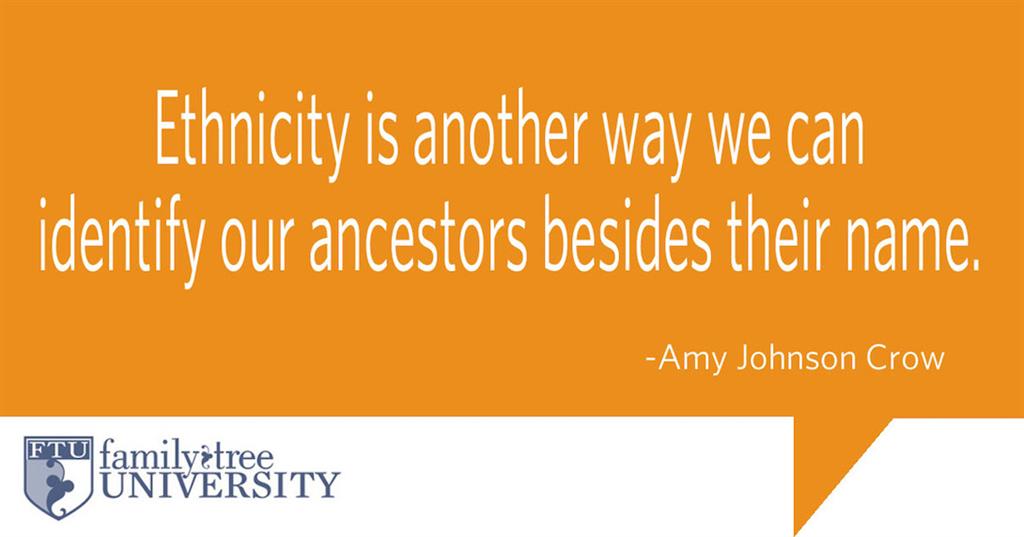
Here you’ll find records and research tools for tracing Jewish and Eastern European ancestors. Databases include the Family Finder for ancestral towns and surnames, a Holocaust Database and a burial registry. The Family Tree of the Jewish People database provides a global collection of trees. The Communities Database, useful for anyone with Eastern European roots, has data on about 6,000 communities in Europe, North Africa and the Middle East, including translations of place names and name changes over time. It’s wonderful for identifying a village whose name handed down through family history differs from what’s on a modern map.
America’s most common ancestry group has many websites devoted to its records. This new one is scheduled for completion in 2015. Now in beta, the Kirchenbuchportal (“church book portal”) offers digitized records of all state protestant churches—an estimated 140,000 individual church books. This should help fill in gaps in FamilySearch’s collection of digitized German church records, such as in Hesse. The site is in German, but you can use Google Translate to translate it.
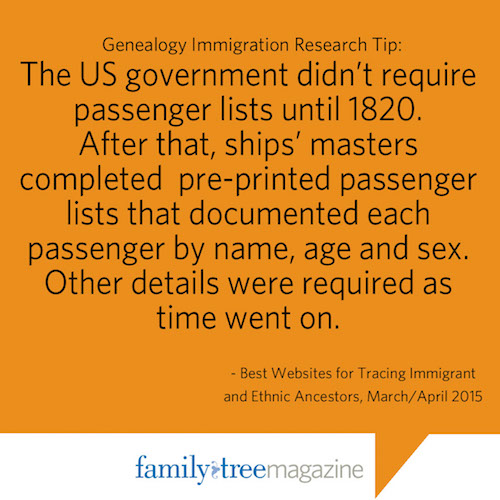
More Online
• Ship list abbreviations
• Tracking ancestral migrations
• Finding your immigrant ancestor’s hometown
• Busiest US immigration ports
• Immigration and emigration records
• Passenger lists online
Italian Genealogy 101
• Family Tree Guidebook to Europe
• The Family Tree German GenealogyGuide
• Genealogist’s Instant Translation Guide
ADVERTISEMENT

